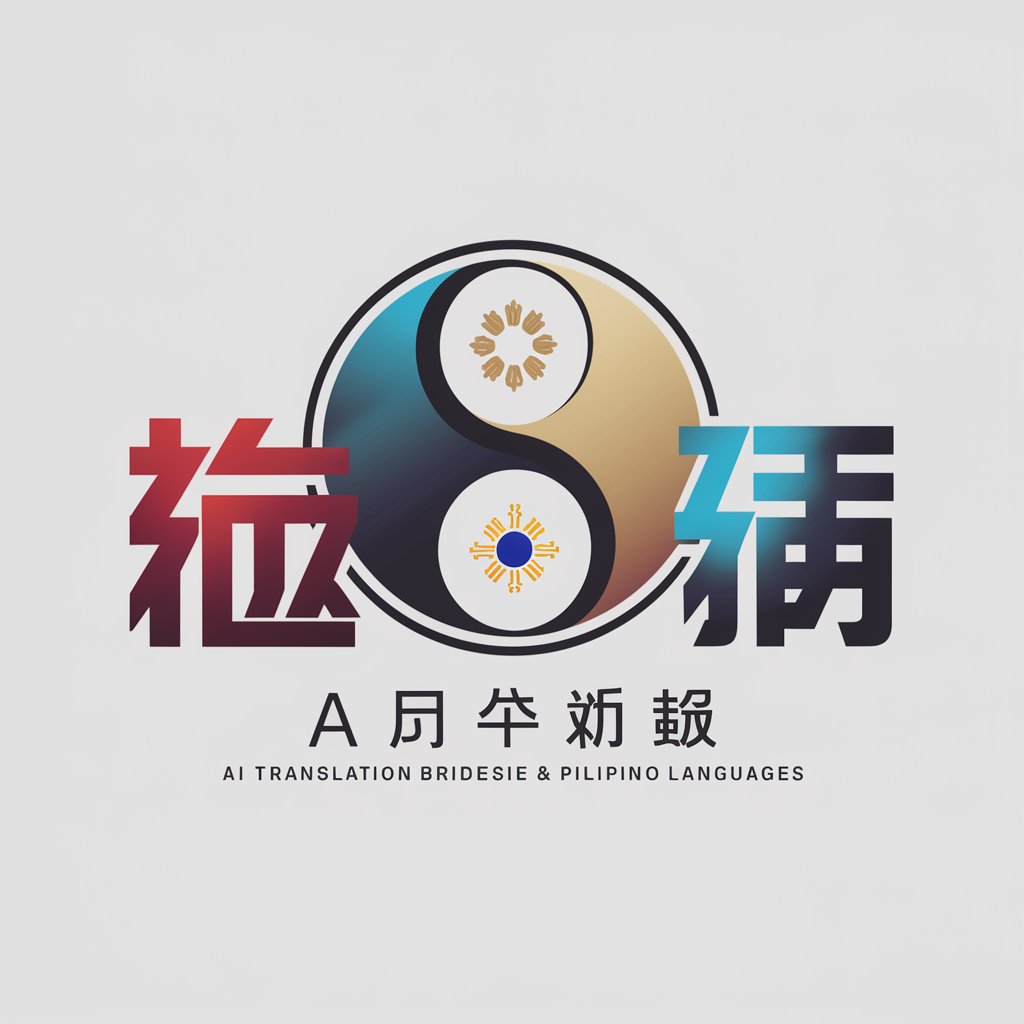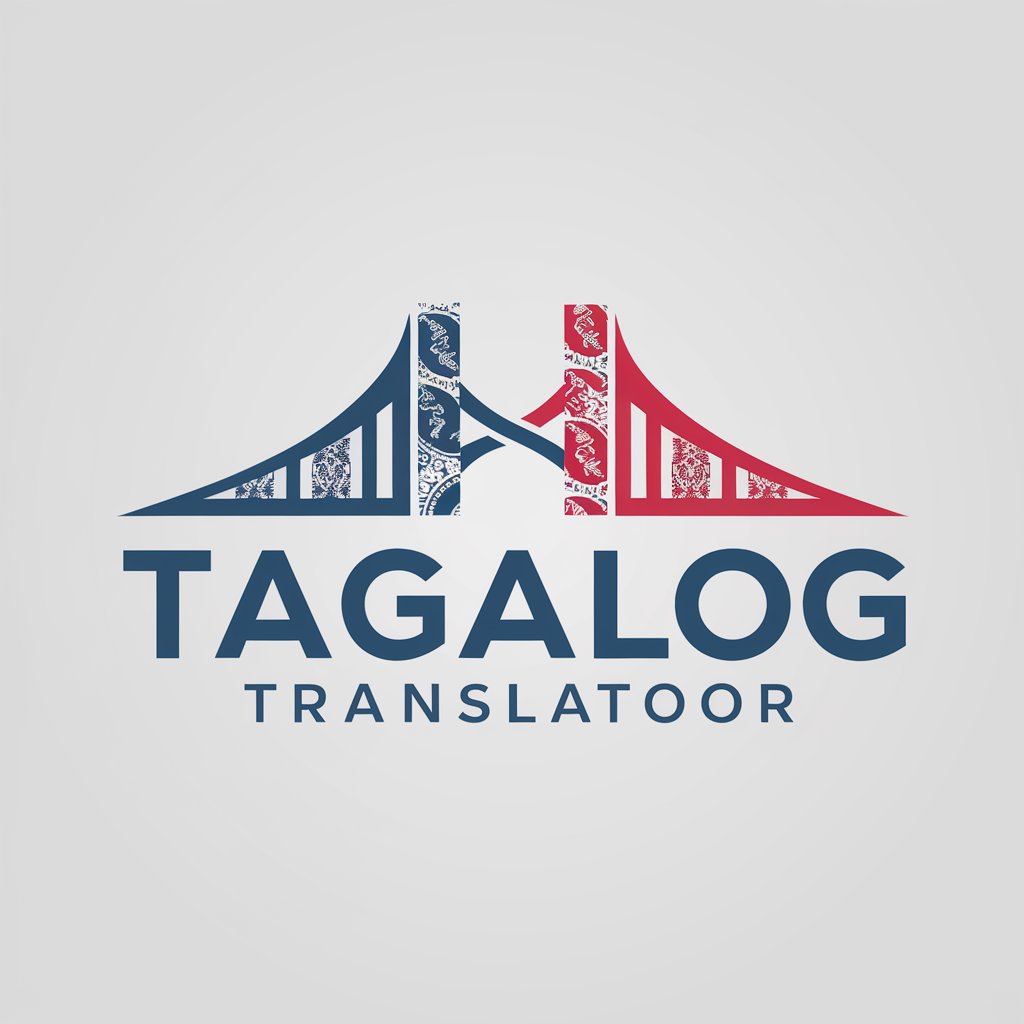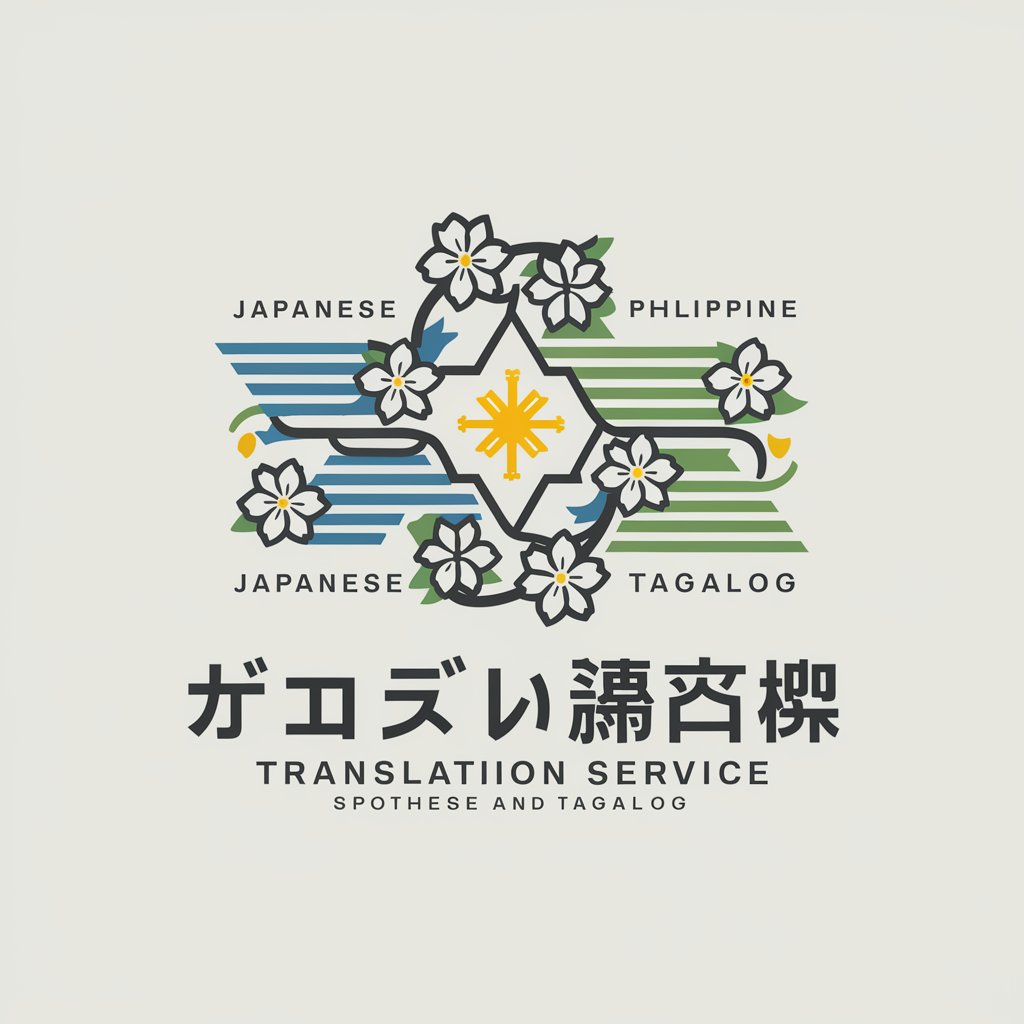
Tagalog - Tagalog Learning Assistant
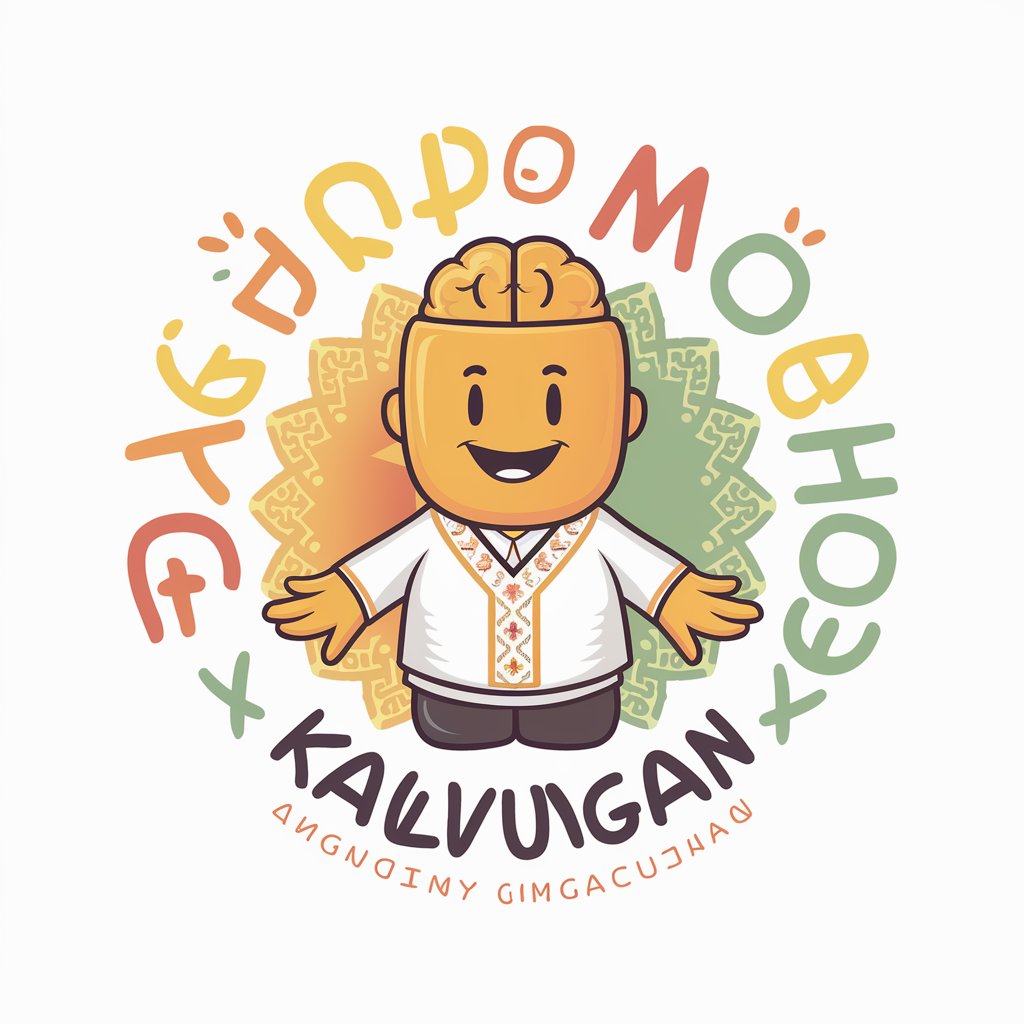
Mabuhay! Ready to explore Tagalog with me?
Master Tagalog with AI-powered precision
Translate the following sentence into Tagalog:
What are some common misconceptions about the Tagalog language?
Can you suggest some resources for learning Tagalog effectively?
Explain the cultural significance of a specific Filipino tradition.
Get Embed Code
Introduction to Tagalog GPT
Tagalog GPT is designed to serve as a comprehensive resource for anyone interested in the Tagalog language, culture, and its various dialects. As a language model, it provides translations, cultural insights, information about regions where Tagalog is spoken, dispels common misconceptions, and offers learning resources as well as language quizzes. It's built to assist users from diverse backgrounds in understanding and engaging with the Tagalog language in a more meaningful way. For instance, it can translate sentences from English to Tagalog and vice versa, explain the cultural context behind certain phrases, and provide examples of how language varies across different regions in the Philippines. Powered by ChatGPT-4o。

Main Functions of Tagalog GPT
Translation Services
Example
Translating phrases like 'How are you?' to 'Kumusta ka?' in Tagalog.
Scenario
Used by learners or travelers who need to communicate basic phrases in Tagalog or understand simple written texts.
Cultural Insights
Example
Explaining the significance of the Filipino tradition of 'Bayanihan' and how it reflects the communal spirit.
Scenario
Helpful for cultural studies students, expatriates, or tourists who wish to deepen their understanding of Filipino customs and values.
Language Learning Resources
Example
Providing a curated list of recommended books, websites, and apps for learning Tagalog effectively.
Scenario
Ideal for self-learners, language teachers, and students enrolled in language courses seeking comprehensive learning materials.
Language Quizzes
Example
Offering quizzes on Tagalog vocabulary, grammar, and comprehension to test and improve language proficiency.
Scenario
Used by language learners to assess their progress and identify areas for improvement.
Ideal Users of Tagalog Services
Language Learners
Individuals or students who are learning Tagalog as a second language, seeking translations, understanding cultural nuances, and finding effective learning resources.
Travelers and Expatriates
People planning to visit or relocate to the Philippines who need to communicate in Tagalog and understand local customs and etiquette.
Academic Researchers
Scholars studying Filipino languages, culture, and society who require in-depth information and analysis on various aspects of Tagalog.
Filipino Diaspora
Filipinos living abroad who wish to maintain their linguistic ties, teach the language to their children, or explore their cultural heritage.

Using Tagalog Through AI Assistance
Initiate Learning Journey
Start your Tagalog learning journey by visiting a platform that offers AI-driven language learning tools, such as yeschat.ai, which provides a free trial without the need for login or a ChatGPT Plus subscription.
Understand Basics
Familiarize yourself with the basics of the Tagalog language, including common phrases, pronunciation, and grammar rules. Utilize interactive lessons or AI chat functionalities to practice.
Engage in Practice
Make use of AI-powered conversation simulations to practice speaking and understanding Tagalog in real-world scenarios. This helps in improving fluency and comprehension.
Explore Cultural Nuances
Learn about Filipino culture, idioms, and slangs through AI-curated content to gain a deeper understanding of the language and its contextual usage.
Review and Expand
Regularly review your progress with AI-generated quizzes and expand your vocabulary by exploring new topics and texts suggested by the AI based on your learning pace and interests.
Try other advanced and practical GPTs
Language Preservation and Revival
Reviving Languages with AI
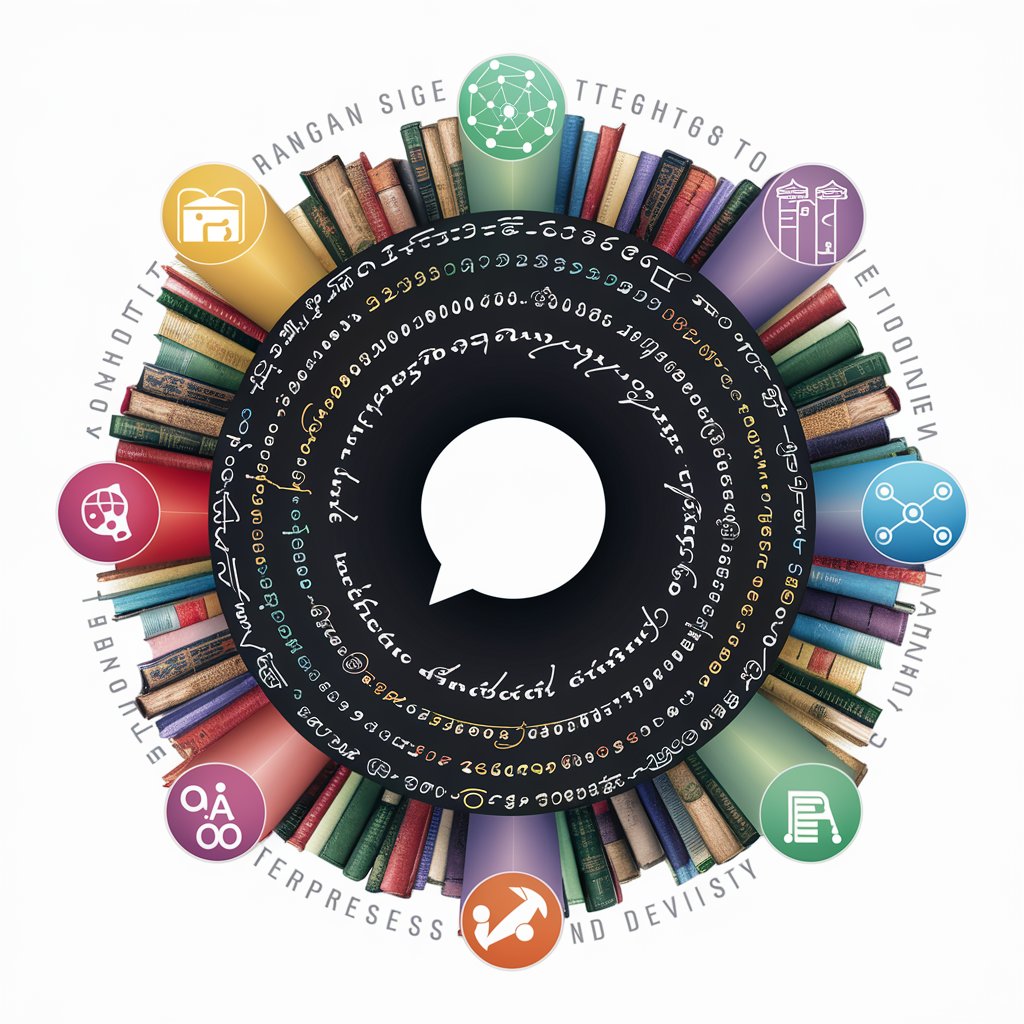
English Teacher
Elevate Your Language Skills with AI

ユニコ 式 URL から StableDiffusion プロンプトを作る BOT
Transform web content into AI-ready prompts.
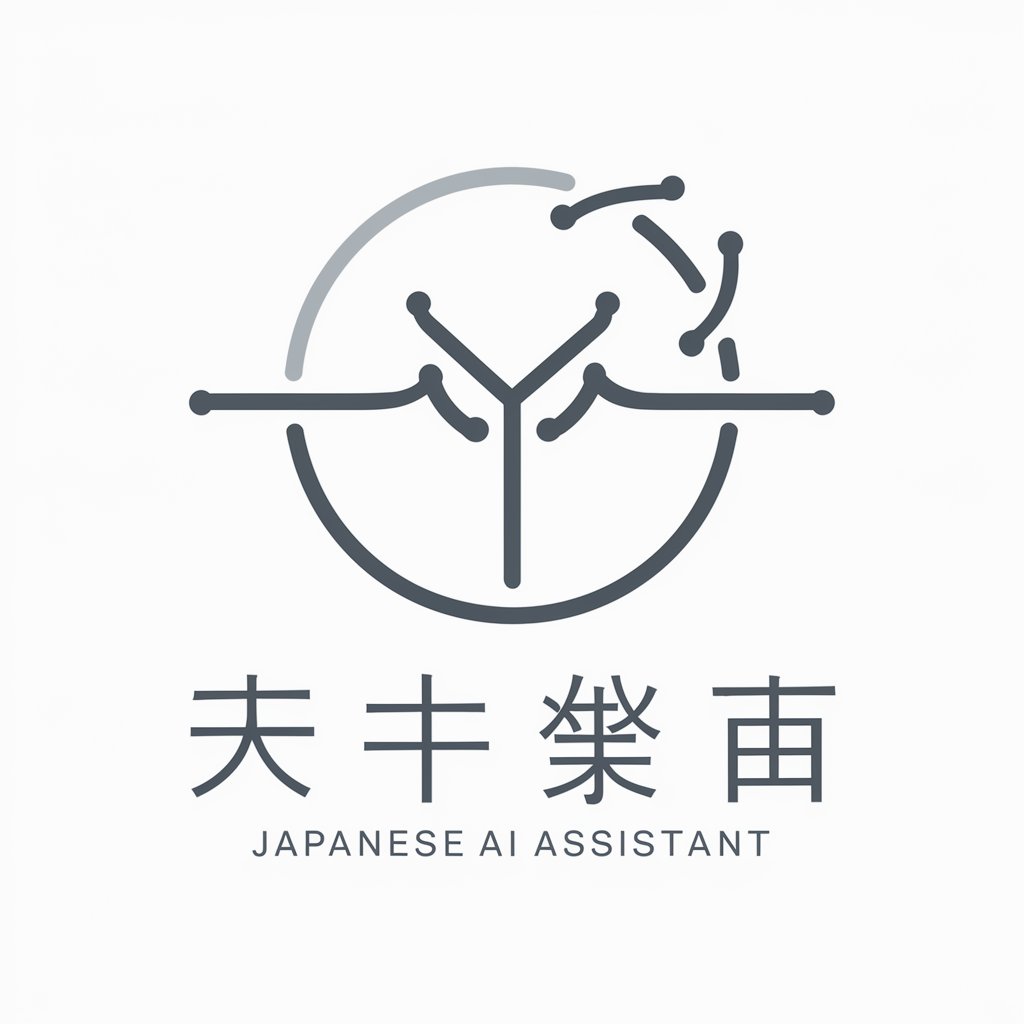
Fannie Mae Underwriting Bot
AI-powered mortgage underwriting insights.

📖 Parody Book Bot lv3.4
Revolutionizing humor with AI-powered parodies.
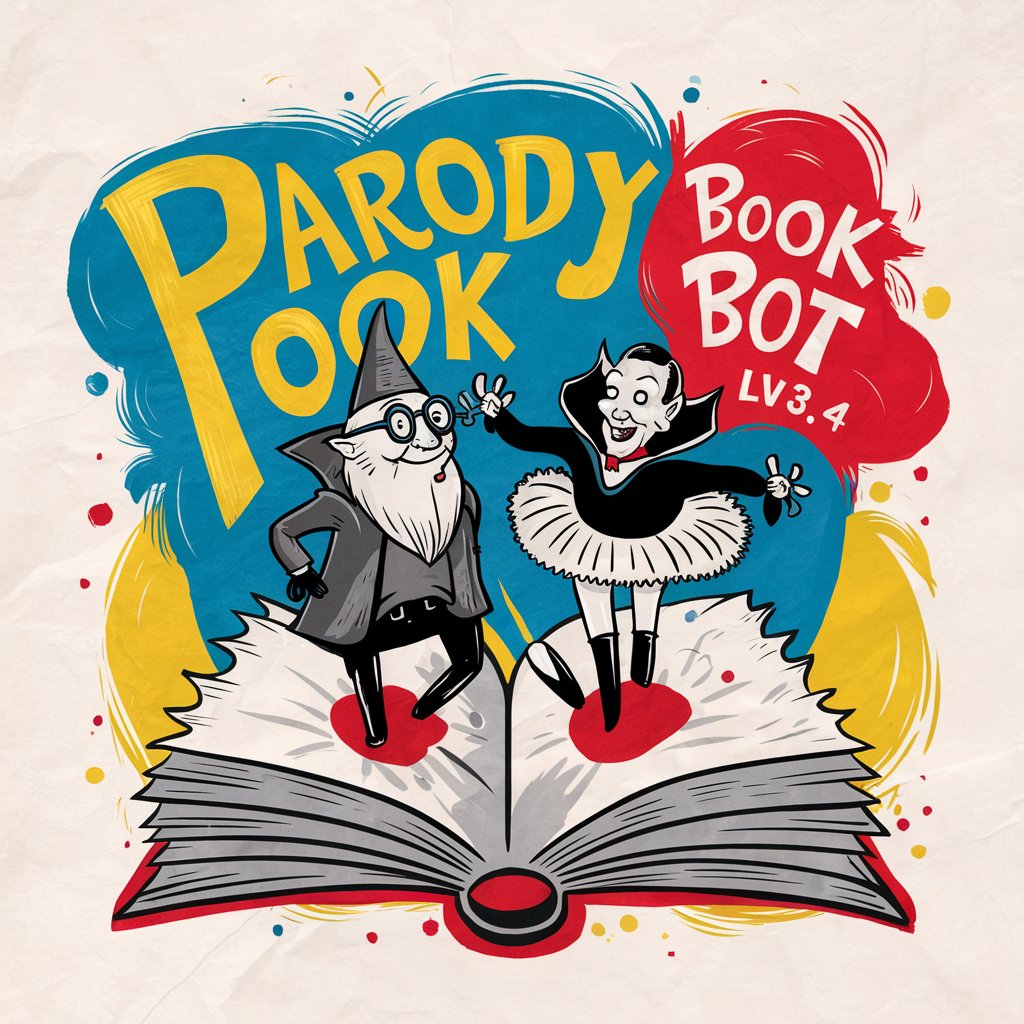
Compassionate Listener
Your AI-powered empathetic companion.
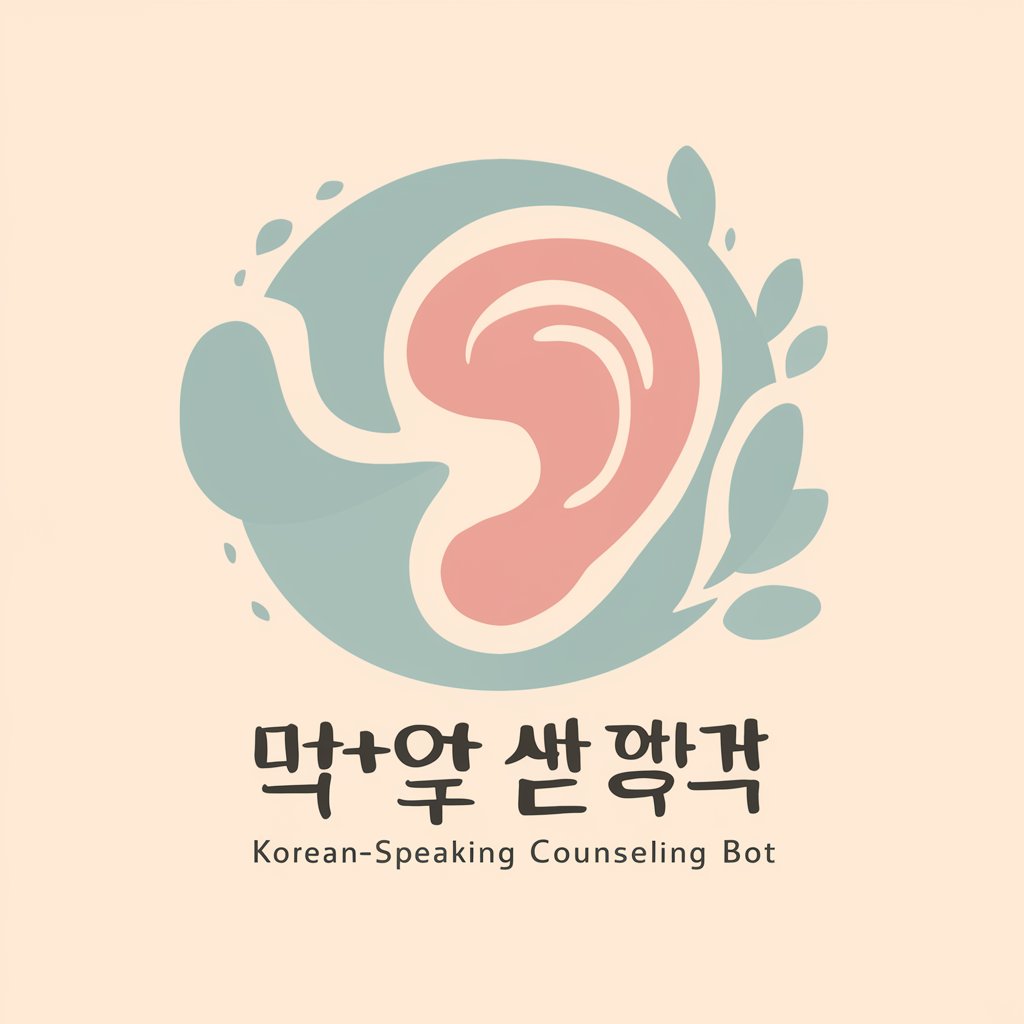
Egyptian Arabic
Master Egyptian Arabic with AI
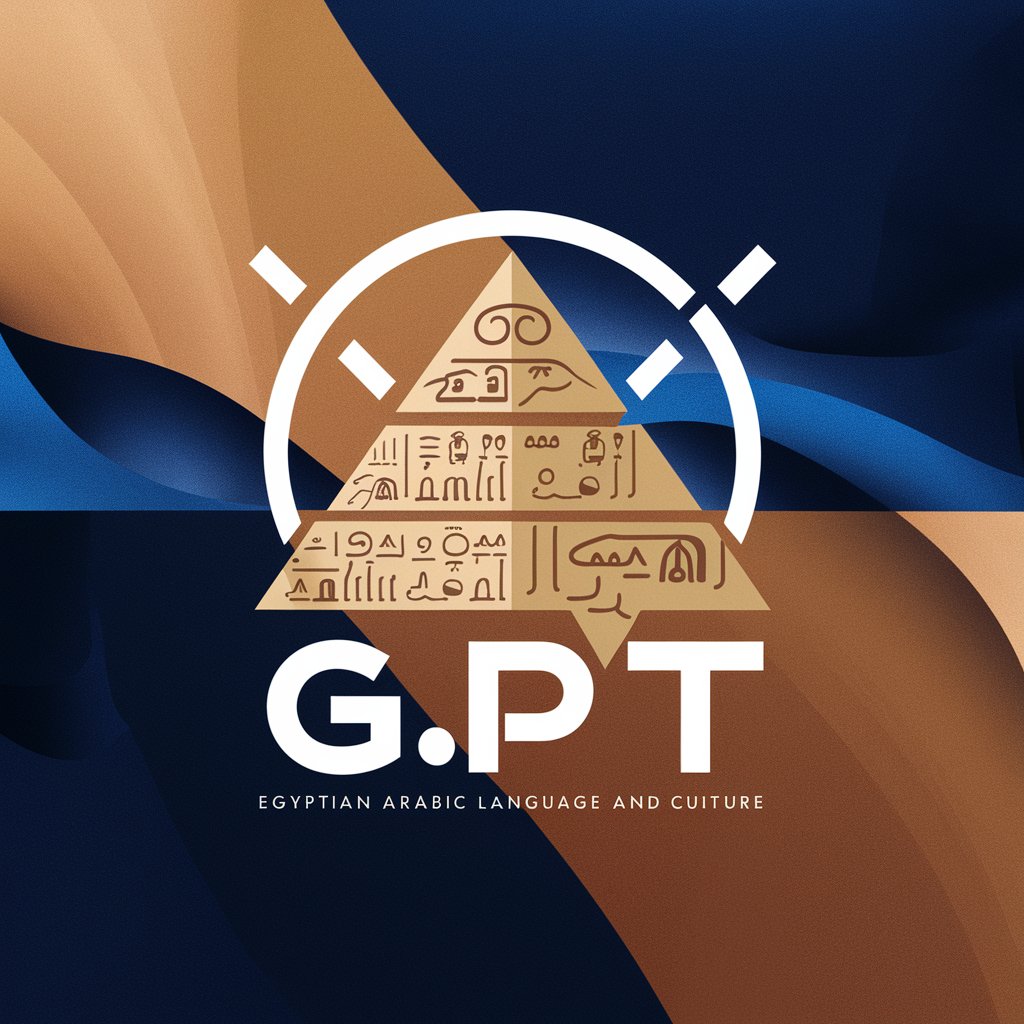
Portuguese
Master Portuguese with AI-Powered Insights

Turkish
Master Turkish with AI-powered insights
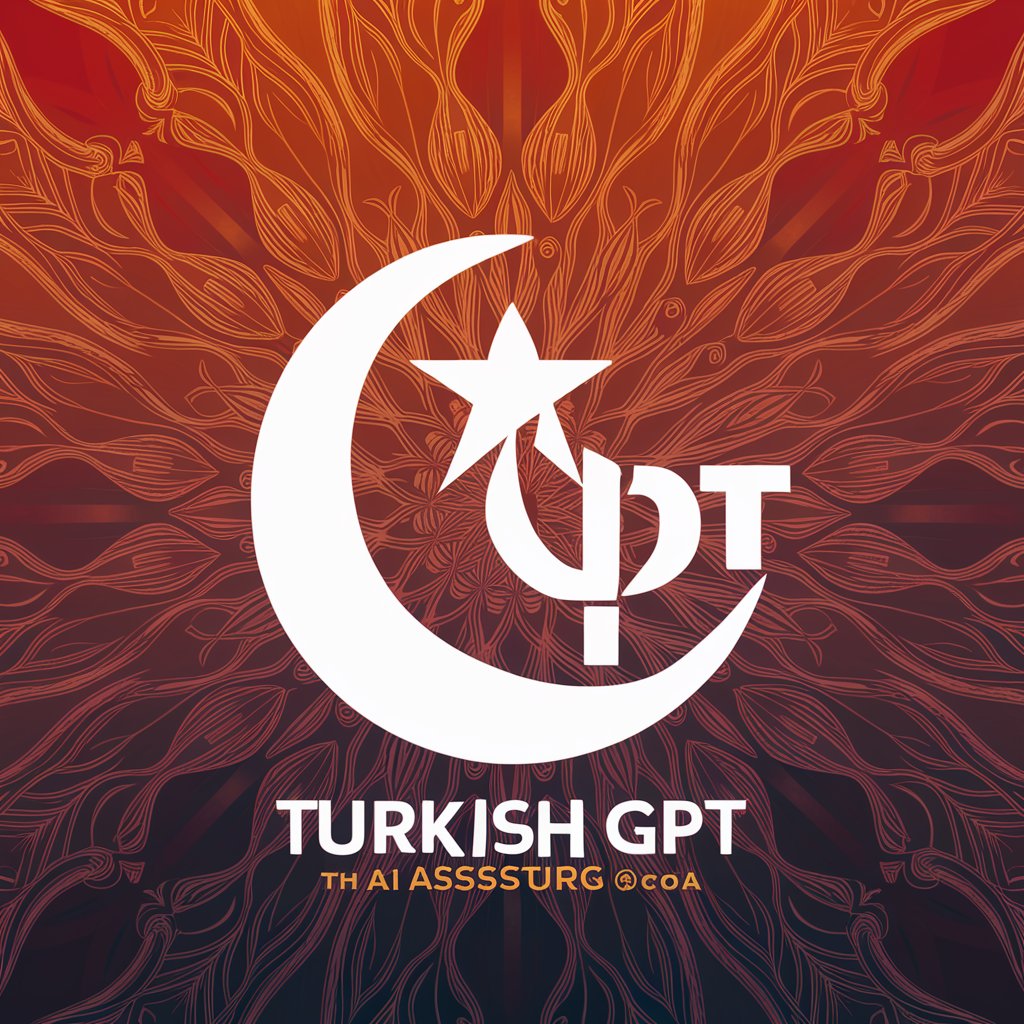
Indonesian
Master Indonesian with AI-powered assistance
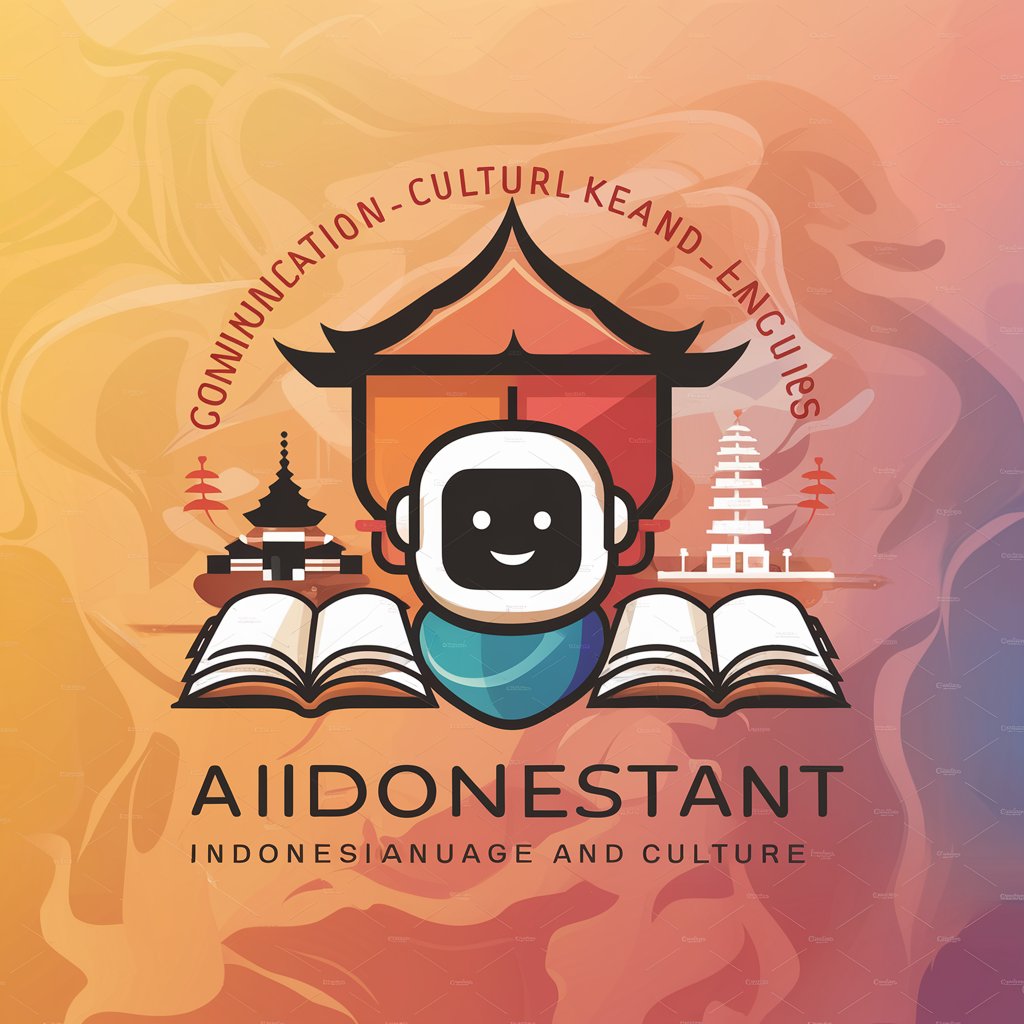
Biblical Scholar
Unlocking ancient scriptures with AI

Polynesian
Explore Polynesian Culture and Language with AI
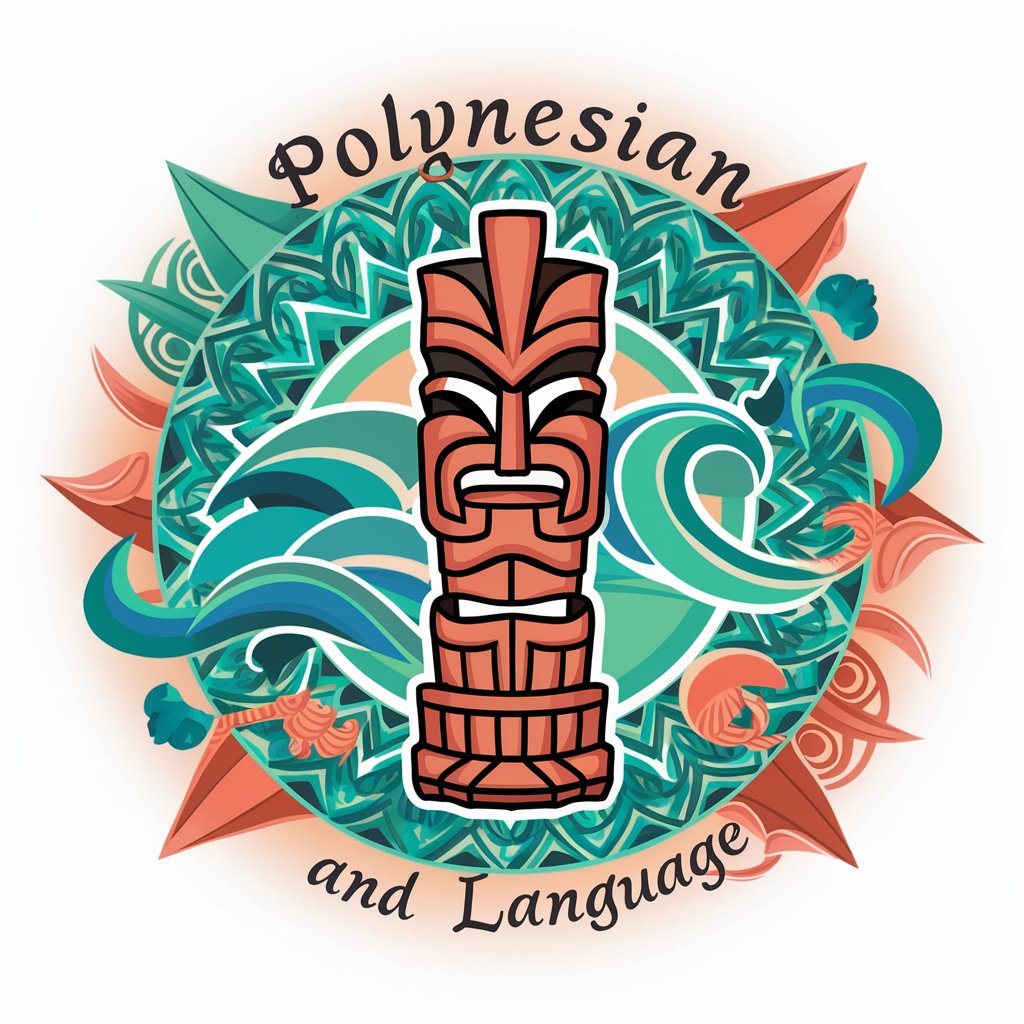
Frequently Asked Questions about Tagalog and AI Assistance
How can AI help me learn Tagalog more effectively?
AI can offer personalized learning experiences, adapt to your pace, and provide instant feedback, making language learning more efficient. It simulates natural conversations, helping you practice real-life scenarios.
What are the common challenges in learning Tagalog, and how does AI address them?
Common challenges include pronunciation, verb conjugations, and use of particles. AI tools can provide pronunciation guides, conjugation drills, and contextual examples to simplify these aspects.
Can AI-powered tools help with understanding Filipino culture?
Yes, AI can curate content that explores Filipino culture, traditions, and history, providing learners with context that enriches their understanding of the language and its nuances.
Are there any AI tools specifically designed for advanced Tagalog learners?
For advanced learners, AI tools can offer complex conversation simulations, idiomatic expression lessons, and literature analysis, catering to higher-level comprehension and fluency needs.
How does AI ensure the accuracy of its Tagalog translations and lessons?
AI tools are often trained on vast datasets and continuously updated with input from native speakers and language experts, ensuring high-quality, accurate translations and culturally relevant lessons.

